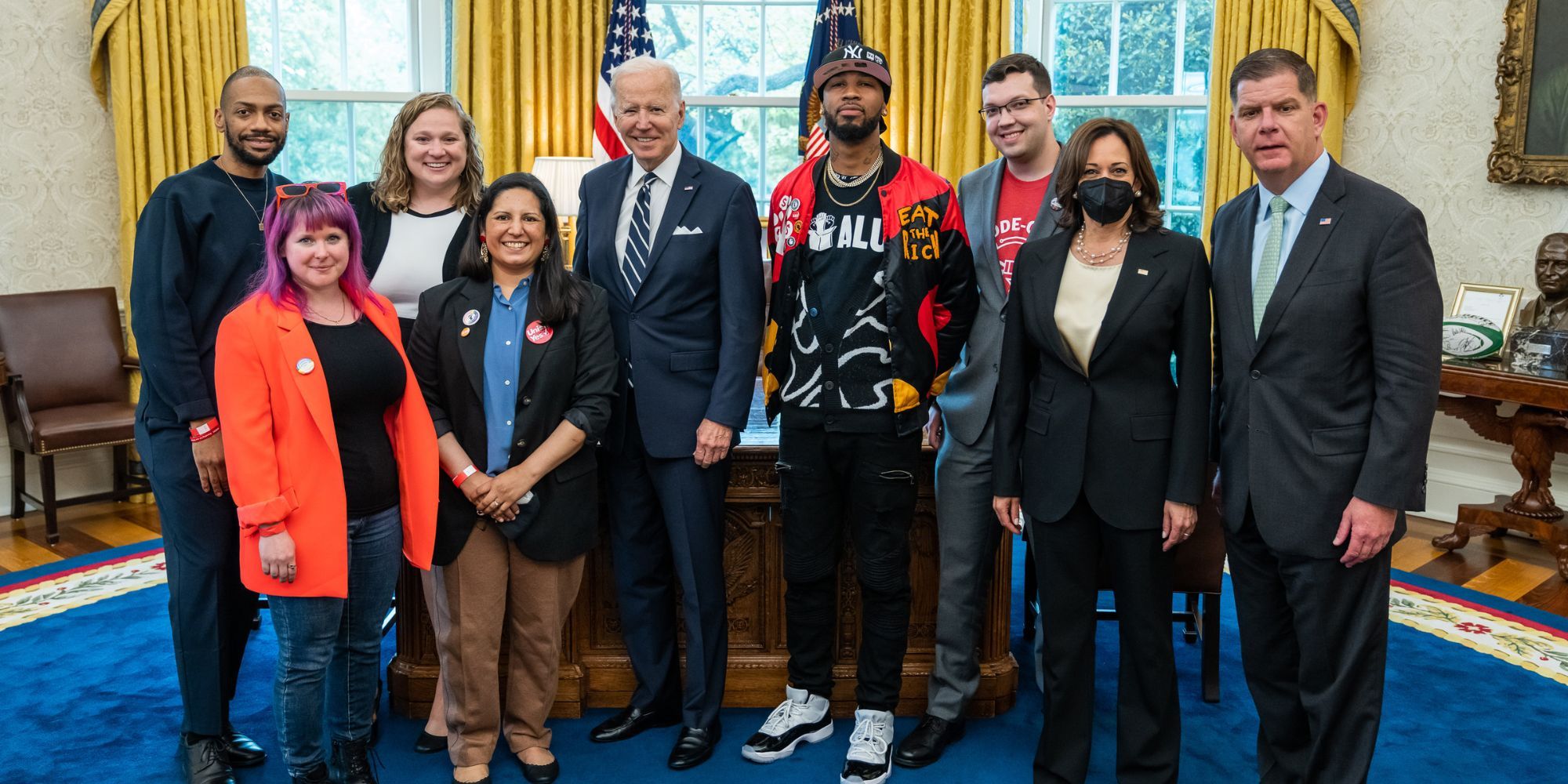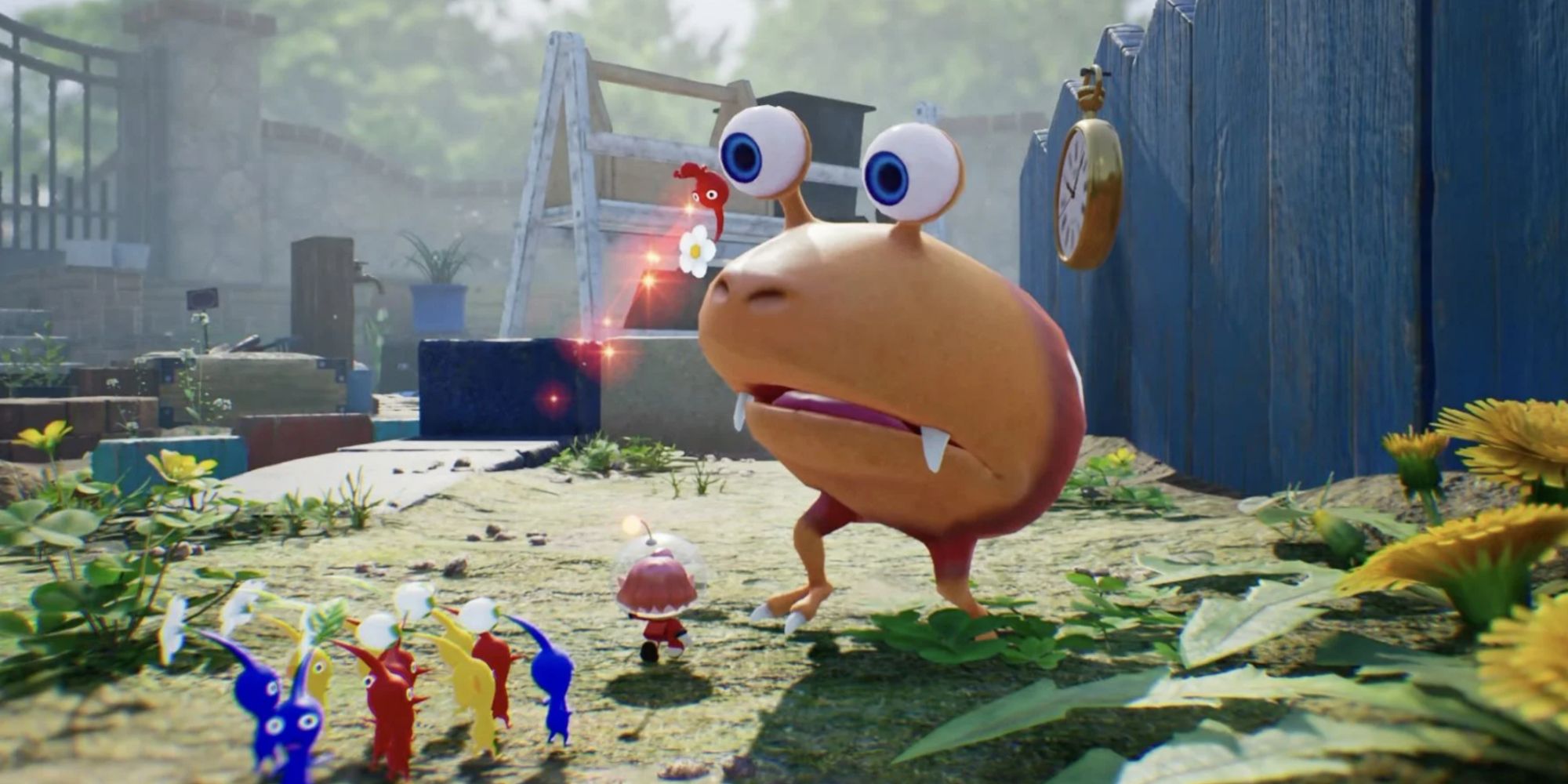Unionization has spread like wildfire in the past year or so. More than 300 United States-based Starbucks locations have held union elections so far and, as of August, support for unionization in the US was at a 57-year high. Despite corporations like Chipotle and Amazon doing their level best to obstruct these efforts, living through the pandemic and witnessing the demands capital placed on labor throughout an emergency (even if it meant workers dying or getting sick or injured due to unsafe conditions) has (hopefully permanently) altered the way many Americans view their employers.
Recently, a friend was telling me about some trouble at their job (which I’m intentionally leaving vague). The number of issues, and the refusal of leadership to respond to my friend’s and their coworkers’ concerns, had me thinking that they, and their coworkers, really needed to walk off the job. But when we started to talk through whether that was feasible, we ended up at a loss about what successful labor action would even look like for their workplace.
As encouraging as this nationwide movement has been, I can’t help but think that the labor movement would be going even stronger if more workers had a solid understanding of what unionization (or complementary tactics like a walkout or strike) would look like for their place of employment. The more I think about it, the more I think that developers implementing unionization as a mechanic in games could help more people understand how labor action could positively impact their lives.
To be fair, there are already games about unionization. I found a few on itch.io, including Union Strong, a tabletop game like Werewolf or Mafia where players attempt to unionize their workplace, and Union Drive, a visual novel about the process of working with an existing union. It’s great that those games exist and I hope they reach the people who would benefit most from them. But I’m thinking less of games where the emphasis on unionizing is part of the game’s pitch, and more about games that have mainstream appeal, but also include mechanics designed to accurately reflect the process of organizing a workplace.
This could be applied to games that already have a focus on teamwork. Competitive shooters like Overwatch and Valorant require players to work as a team to accomplish objectives. Big companies like Activision Blizzard and Riot are extremely unlikely to tout the benefits of unionization, but an indie dev creating a multiplayer FPS could use the language of unionization to structure their mechanics. Similarly, Pikmin 4 is coming out next year, and that series has historically shown that sometimes a task can only be accomplished when a group works together. A similar game from a smaller developer could involve the little workers unionizing against the big boss ordering them around, or refusing to work unless their demands are met. The more specific the problems and solutions, the better.
In playing Marvel Snap, I've been thinking about how pairing certain rules with certain characters or locations can be used to make a thematic point about how those things work. For example, in the Washington DC location, cards with no abilities gain +3 power. This choice can be taken as a neutral representation of the function of politicians in the Marvel universe: that despite their lack of superpowers they make the laws that everyone must abide by. Or, it can be read as a barbed commentary on politicians, an equivalent to "Those who can't do, teach." In which case, the card is framing the quest for political power as compensation for the indignity of not having been gifted with real powers. A fake Uncle Ben card with the hilarious ability, “When this card is destroyed, add Spider-Man to your hand,” recently went viral, highlighting the same point: games tell stories through their mechanics.
I wrote recently about Triangle Strategy’s democratic approach to RPG choice, which forces you to convince the members of your party that an action is right in order to do it. If you can’t convince them, you don’t get to do it. Through the mechanics, the game reinforces the importance of democracy — even in a medium where players are used to having total control. Games do this all the time, illustrating their characters’ traits and their story’s themes through the rules of play. And, if those mechanics can help workers to understand how to improve their lives, even better.


